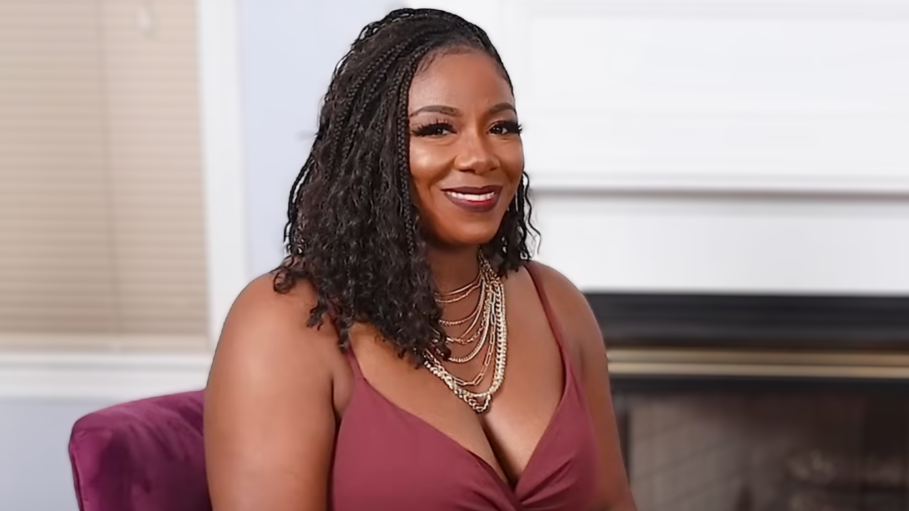Death sentence against regime-critical Iranian rapper Toomaj overturned

CNN — (CNN) — The death sentence against Iranian dissident and rapper Toomaj Salehi was overturned this week by Iran’s Supreme Court, in what his lawyers called a victory for human rights in Iran.
Salehi had become a major voice of the anti-government resistance in Iran, sharply criticizing the repressive nature of the Iranian regime in his music and social media posts. In October 2022, when violent demonstrations rocked Iran following the death of a young girl, Mahsa Amini, in morality police custody, Salehi supported the protest movement.
Salehi claims he was tortured and placed in solitary confinement after being arrested in October 2022 for his involvement in the protest movement. After a brief release in 2023, Salehi was rearrested for “making false claims and spreading lies,” according to Iran’s Mizan judicial news agency. He was then sentenced to death in May this year. A lower court in the central Iranian city of Isfahan found him guilty of the crime of “causing corruption on earth” and imposed the maximum penalty of death.
On Saturday, his lawyer Amir Raesian broke the news of the annulment in a post on X. He said Iran’s Supreme Court had “avoided irreparable judicial errors” and overturned Salehi’s death sentence this week. In its ruling, Iran’s highest court found that previous prison sentences imposed on Salehi “exceeded the legal penalty.”
Campaign group Index on Censorship welcomed the news and campaigned vigorously for the rapper’s release, working closely with a team of international human rights lawyers at London’s Doughty Street Chambers to overturn his death sentence.
“It (the verdict) is clear evidence of the injustice of the lower court’s decision and we are delighted that Salehi no longer faces execution. The Supreme Court found that the death sentence imposed on Salehi was excessive and inconsistent with Iranian law,” the group said in a statement on Saturday.
Salehi’s case will now be sent back to the lower court in Isfahan for re-sentencing, Index On Censorship said, condemning the prospect of another prison sentence for the rapper.
“Even a shorter prison sentence would be unfair: Salehi has done nothing other than demand respect for his and other Iranians’ fundamental rights,” the group added.
London-based human rights lawyer Caoilfhionn Gallagher, who is acting as international counsel to the Salehi family, said it was “not enough” that his life had been “postponed” by Iranian authorities. Gallagher, who had already made an urgent appeal to the UN on Salehi’s case in May along with a team of colleagues, reiterated his call for his “unconditional” release.
“We call on the international community to maintain pressure at this critical moment to secure Salehi’s release and hold Iran accountable for its egregious violations of international human rights law,” Gallagher said in the Index On Censorship statement.
The campaign for Salehi’s release is supported by prominent voices from around the world. The Recording Academy, which organizes the Grammy Awards, issued a statement in April saying it was “deeply disturbed by the recent news concerning Toomaj Salehi.”
“No artist anywhere should have to fear for their life or livelihood when expressing themselves through their art,” the statement continues.
British business magnate Richard Branson also called for Salehi’s release. He said it was “impossible to listen to Toomaj’s music, read his lyrics and not be deeply moved by his message.”
Back home in Iran, more than 300 Iranian musicians signed a joint statement expressing their opposition to the rapper’s death sentence, calling him a “champion of the righteous aspirations of an entire generation of Iranians.”
Jemimah Steinfeld, CEO of Index on Censorshop, expressed her hope that the decision would allow Salehi to “receive the necessary medical treatment and continue his vital work.”
Claudia Bennett, legal and program officer at the Human Rights Foundation, described the rapper’s case as “symbolic of the brutality of dictatorships.”
“They use arbitrary detention to silence dissidents and those who stand up for democracy and human rights. Toomaj’s crime was singing a song and posting it on social media, something we take for granted in democracies,” she added.
The-CNN-Wire™ & © 2024 Cable News Network, Inc., a Warner Bros. Discovery company. All rights reserved.



